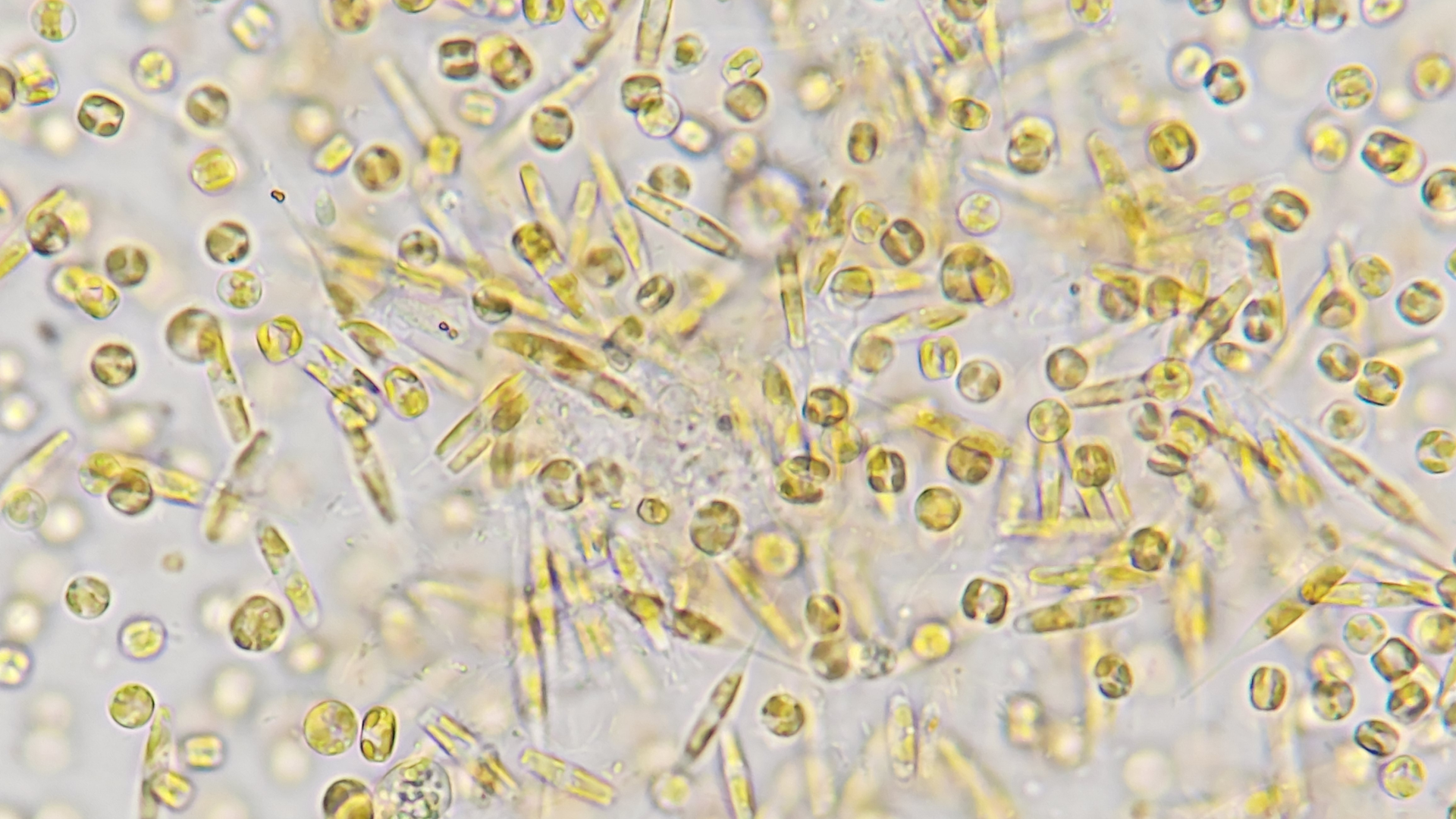Reviewed by Danielle Ellis, B.Sc.Jan 17 2024
The greatest investigation of ocean DNA reveals the diverse world of ocean bacteria. The KMAP Global Ocean Gene Catalog 1.0, an open-source database containing over 317 million gene groups, has the potential to stimulate biotechnology innovation and reveal the function of marine microbes in reducing global warming and preserving human and environmental health.

Image Credit: Frontiers
Despite being the greatest environment on Earth, a significant portion of its biodiversity remains unexplored. A major advance has been made with the research published in Frontiers in Science, which reports the largest and most thorough database of marine microbes to date, matched with biological function, location, and kind of environment.
The KMAP Global Ocean Gene Catalog 1.0 is a leap toward understanding the ocean’s full diversity; containing more than 317 million gene groups from marine organisms around the world, the catalog focuses on marine microbes, which greatly impact human lives through their influence on the ocean’s health and the Earth’s climate.”
Elisa Laiolo, Lead Author, King Abdullah University of Science and Technology, Saudi Arabia
Carlos Duarte, the study’s senior author and a world leader in biological oceanography and marine ecology also at KAUST, said, “The catalog is freely available through the KAUST Metagenomic Analysis Platform (KMAP). Scientists can access the catalog remotely to investigate how different ocean ecosystems work, track the impact of pollution and global warming, and search for biotechnology applications such as new antibiotics or new ways to break down plastics – the possibilities are endless!”
A Feat of Technological Innovation and Scientific Collaboration
For hundreds of years, scientists have been charting marine biodiversity, but they have encountered several obstacles in their quest to compile a comprehensive atlas of ocean life. One is that laboratory research on the majority of marine creatures is not possible. This was overcome with the development of DNA sequencing technology, which made it possible to identify creatures directly from sediments and ocean water.
Since each species has its own set of genes, we can identify which organisms are in an ocean sample by analyzing its genetic material. Two technological advances have made this possible at scale, and the first is the enormous increase in speed and decrease in cost of DNA sequencing technologies, which allowed researchers to sequence all the genetic material in thousands of ocean samples.”
Elisa Laiolo, Lead Author, King Abdullah University of Science and Technology, Saudi Arabia
Laiolo said, “The second is the development of massive computational power and AI technologies, which make it possible to analyze these millions of sequences.”
The researchers scanned DNA sequences from 2,102 ocean samples collected globally and at various depths using KMAP. 317.5 million gene groups were found using this sophisticated computational infrastructure, of which over half could be categorized based on the kind of organism and the gene's function.
The resulting catalog offers previously unheard-of details on which microorganisms dwell where and what they perform by combining this information with the sample location and habitat type.
This achievement reflects the critical importance of open science; building the catalog was only possible thanks to ambitious global sailing expeditions where the samples were collected and the sharing of the sample DNA in the open-access European Nucleotide Archive. We are continuing these collaborative efforts by making the catalog freely available.”
Carlos Duarte, Professor, King Abdullah University of Science and Technology, Saudi Arabia
A Wealth of Scientific and Industrial Applications
Numerous fungi that live in the "twilight" mesopelagic zone and differences in microbial activity between the ocean floor and water column have previously been identified by the catalog. These and other discoveries will aid in the understanding of how microorganisms in various environments impact ecosystems, maintain the health of the ocean, and affect the climate.
The catalog also works as a starting point for monitoring how human activities, such as pollution and global warming, affect marine species. Additionally, it provides a plethora of genetic material that researchers in the fields of agriculture, energy, and medication development may use to search for novel genes.
Toward a Global Ocean Genome
As a first step towards creating an atlas of the global ocean genome, which will catalog every gene from every marine species on the planet, including fungi, bacteria, plants, and animals, the KMAP Ocean Gene Catalog 1.0 was created.
Laiolo said, “Our analysis highlights the need to continue sampling the oceans, focusing on under-studied areas, such as the deep sea and the ocean floor. Also, since the ocean is forever changing – both due to human activity and natural processes – the catalog will need continual updating.”
Duarte warns that the catalog's future is questionable despite its obvious benefits. The current state of international law regarding benefit-sharing from discoveries made in international waters is a significant barrier.
Duarte concluded, “While the 2023 Treaty of the High Seas offers some solutions, it may inadvertently impede research by reducing incentives for companies and governments to invest. Such uncertainty must be resolved now we have reached the point where genetic and artificial intelligence technologies could unlock unprecedented innovation and progress in blue biotechnology.”
Source:
Journal reference:
Laiolo, E., et.al. (2024). Metagenomic probing toward an atlas of the taxonomic and metabolic foundations of the global ocean genome. Frontiers in Science. doi.org/10.3389/fsci.2023.1038696.